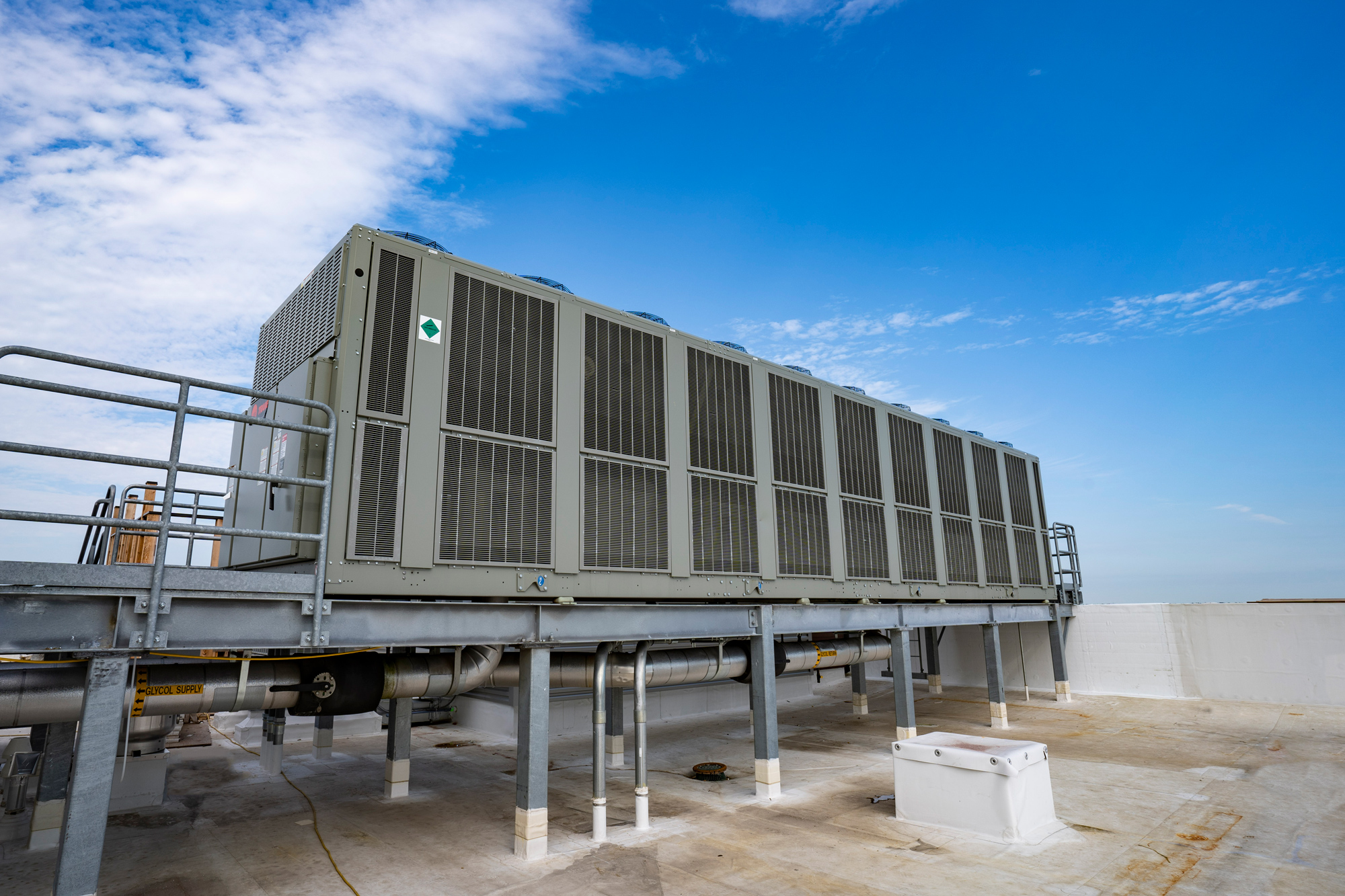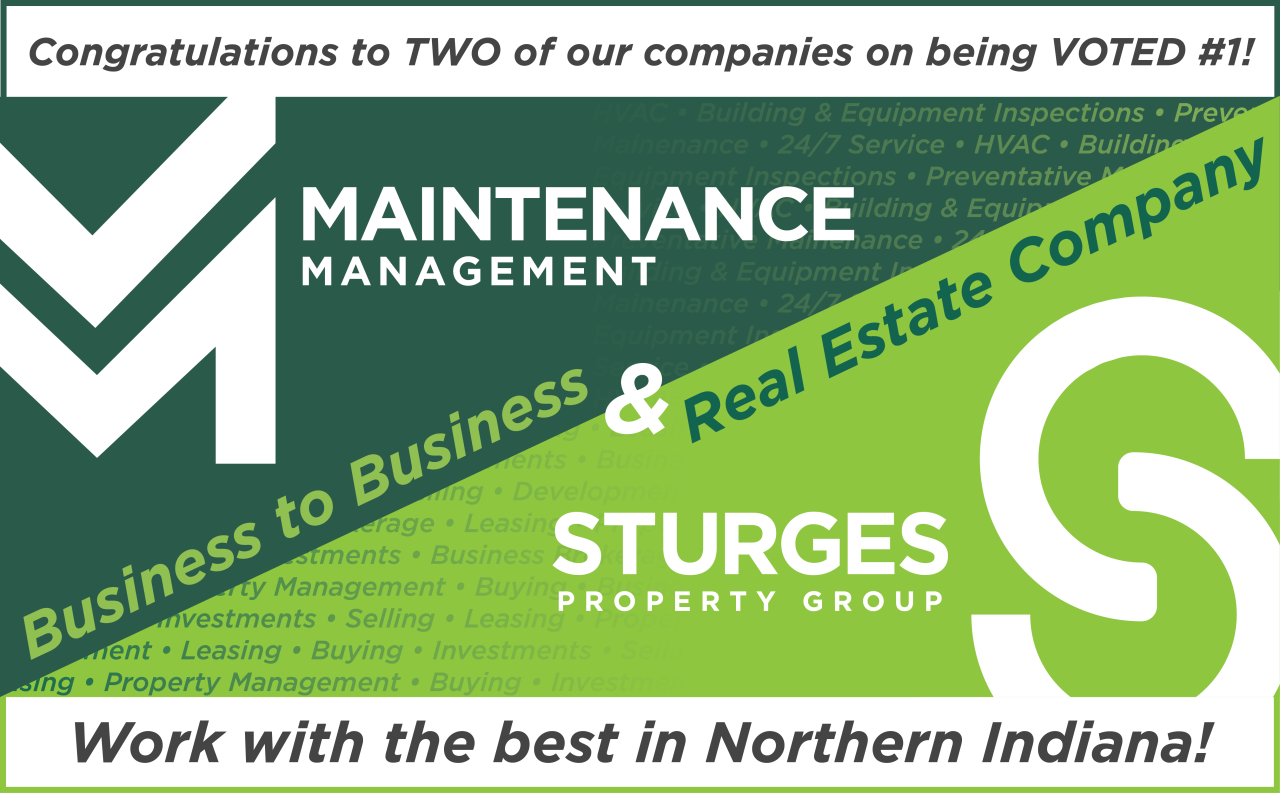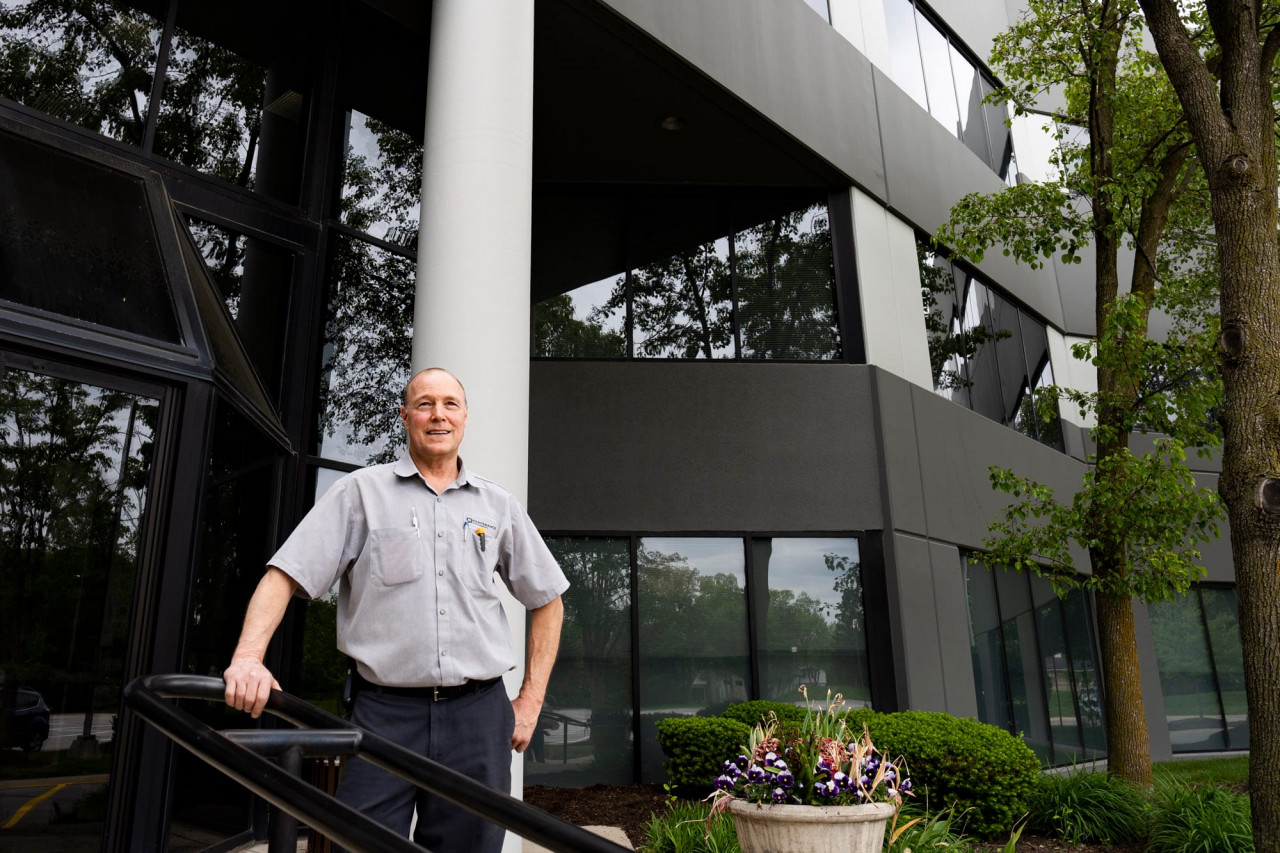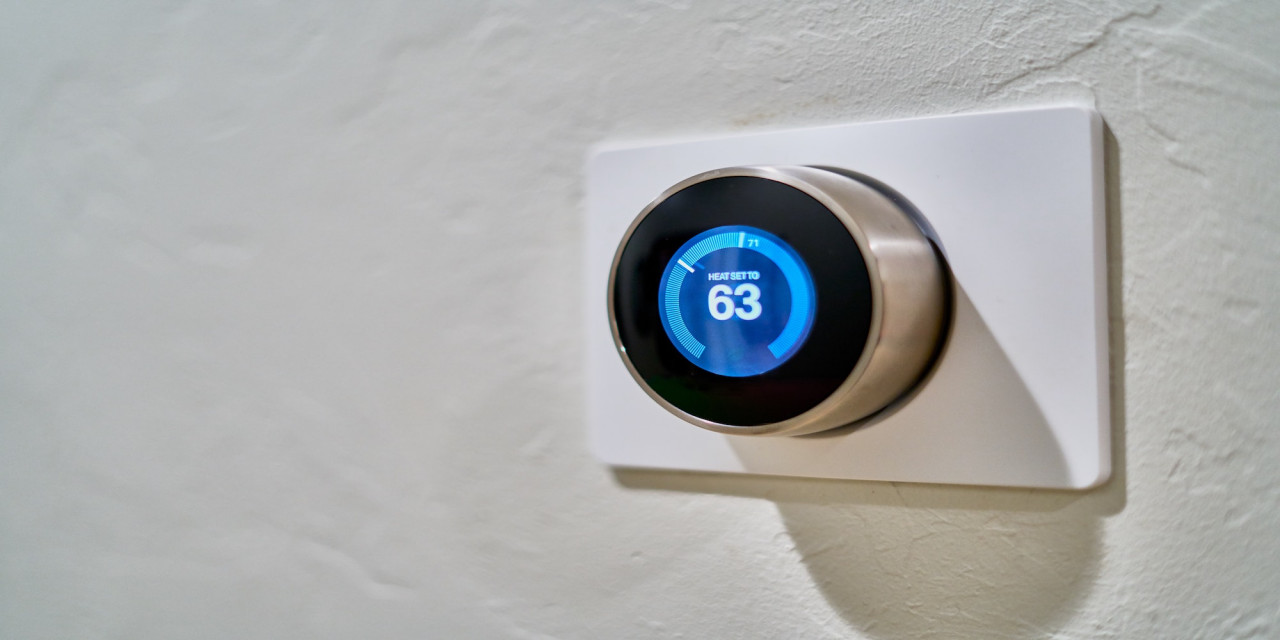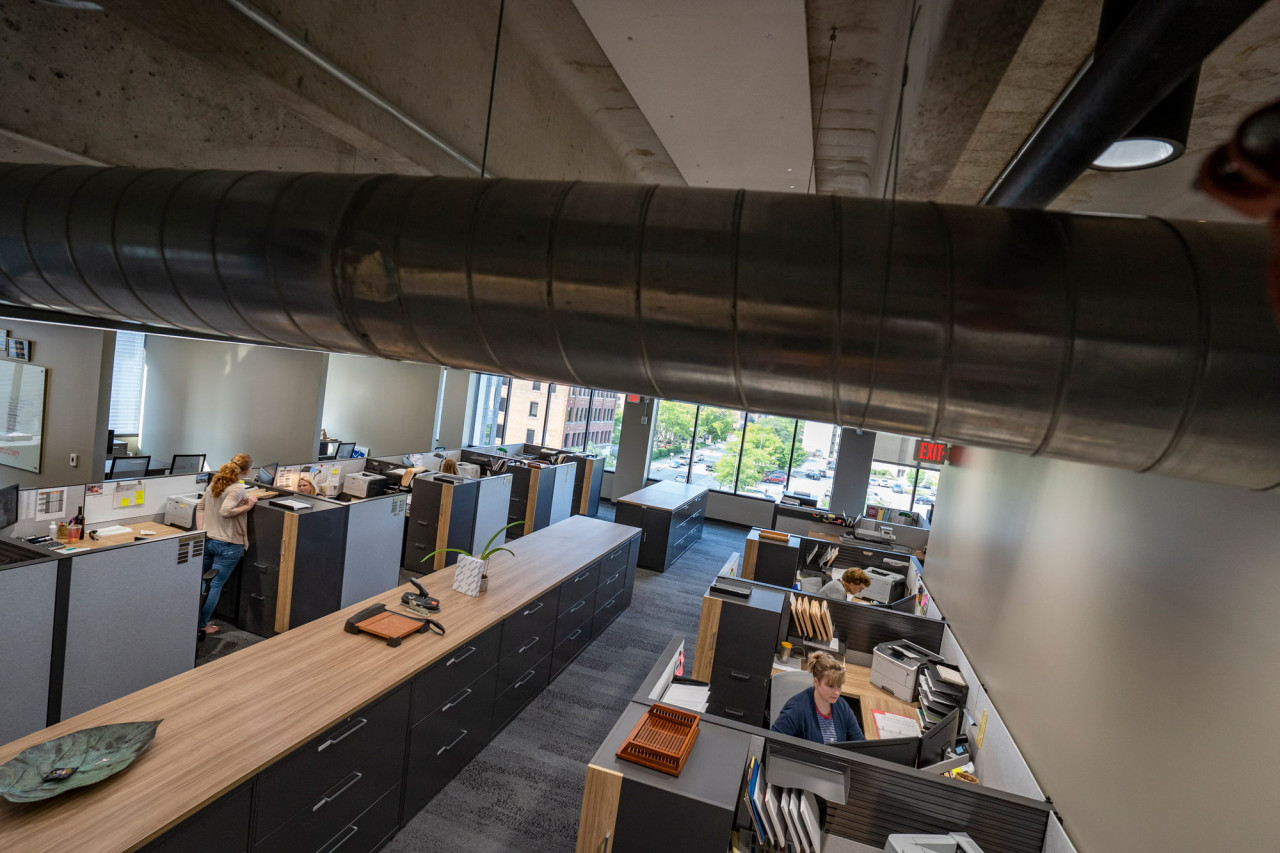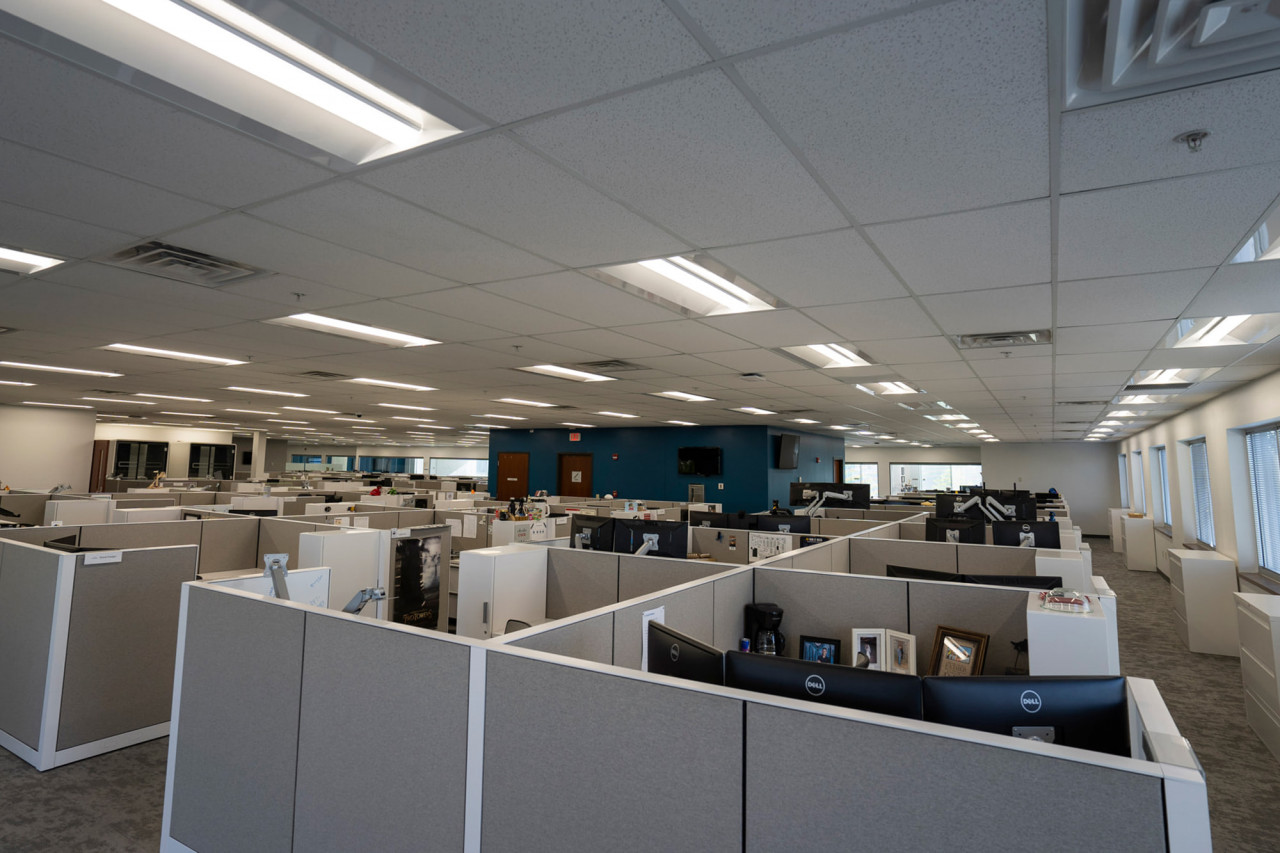When it is operating properly, a commercial HVAC system is an amazing feat of engineering that can keep anything from a small office to a large building at the optimal temperature for the people who work there. However, when an HVAC system is not operating properly, it can be a source of irritation, both for building occupants and for the building owner or operator to whom they’re expressing their frustration.
Many issues can lead to inefficient system operation or even a complete breakdown. However, there are five that HVAC experts see most commonly.
How to Keep Your Commercial HVAC Operating Effectively and Efficiently
Below are the five most common reasons for commercial HVAC systems to begin operating poorly and steps you can take to address them.
1. Neglected routine maintenance
It’s been said that “An ounce of prevention is worth a pound of cure.” Nowhere is that truer than with commercial HVAC systems. Being proactive in ensuring that your system is properly maintained and that minor issues are addressed promptly is the key to avoiding costly repair bills and keeping building occupants comfortable and happy. Be aware that this is important even if the COVID-19 pandemic has temporarily reduced building occupancy. Get on the routine maintenance calendar of a respected HVAC provider to keep your system operating as designed.
2. Thermostat malfunctions
Sometimes the source of an HVAC system problem isn’t the heating or cooling machinery itself, but rather the device that activates it. If a thermostat begins operating erratically or stops functioning, temperature fluctuations or the ceasing of heating/cooling altogether will occur. Contact a skilled technician at the first sign of trouble to have the thermostat repaired or replaced.
3. Clogged air filters
Failing to replace air filters as directed by the system manufacturer or dictated by conditions can lead to them becoming clogged and impeding airflow. When this happens, not only will it take longer to heat or cool rooms, your HVAC system will have to work harder and consume more energy. Swap out your filters on a regular basis to keep air moving freely.
4. Leaking refrigerant
Refrigerant is the material in the coils of an HVAC system that cools and dehumidifies air. If your system develops a leak, it will be harder to keep your building cool and the system will use more energy in attempting to do so. If you notice a decrease in cooling power or suspect for other reasons that you may have a coolant leak, have an HVAC expert inspect the system.
5. Overtaxed system
In some cases, an HVAC system simply isn’t up to the task of maintaining the proper temperature in a building. For example, if a property is renovated and expanded but the heating and cooling system isn’t upgraded to manage the additional space, the system may struggle to maintain a consistent temperature or may have to work harder than it should, potentially shortening its life. Before purchasing or modifying a building, or whenever occupancy increases significantly, consult with a building maintenance company to ensure that the HVAC system can meet occupant needs.
Sitting back and waiting for a significant problem to arise isn’t a good idea. We have identifies 6 signs your commercial HVAC system needs repaired.
Find a Building Maintenance Company You Can Rely On
Whether you plan to look to them for routine maintenance, major repairs, or both, it’s a good idea to establish a relationship with a building maintenance company in advance. That way, they’re familiar with your business, your building, and your HVAC system and can provide assistance and insight as needed.
At Maintenance Management, we’ve been trusted and relied upon by commercial building owners for more than 35 years.
To learn more about our company or to schedule service, please contact us at your convenience.
